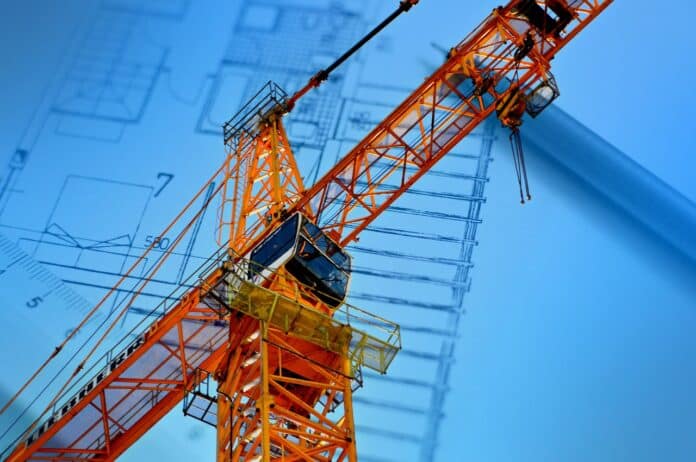The construction industry is a vital driver of economic growth and development in Poland. With an evolving urban landscape, the demand for infrastructure projects and real estate development is ever-increasing. However, these projects also bring forth a range of legal complexities that need to be understood and managed. In this blog post, we will delve into the intricacies of construction law in Poland, highlighting its key aspects, regulations, and challenges that both industry professionals and stakeholders should be aware of.
Legal Framework for Construction Law
Construction law in Poland is a comprehensive legal framework that governs all aspects of construction projects, from planning and design to execution and completion. It encompasses a wide range of regulations, statutes, and codes that ensure the safety, quality, and legality of construction endeavors.
Permits and Approvals
Before any construction project can commence, obtaining the necessary permits and approvals is essential. These permits include building permits, environmental clearances, zoning permits, and more. The process can be complex and time-consuming, as it involves compliance with local regulations and national laws. Non-compliance can result in delays, fines, and even project suspension.
Contracts and Agreements
Construction projects involve multiple parties, including developers, contractors, subcontractors, and suppliers. As a result, clear and well-drafted contracts are vital to outline the roles, responsibilities, and obligations of each party. These contracts cover issues such as project scope, timelines, payment terms, warranties, and dispute resolution mechanisms.
Health and Safety Regulations
Safety is a top priority in the construction industry. Poland has stringent health and safety regulations in place to ensure the well-being of workers, the public, and the environment. Construction sites must adhere to safety standards, provide appropriate training, and have safety measures in place to prevent accidents and injuries.
Dispute Resolution
Despite meticulous planning and execution, construction disputes can arise due to factors such as delays, design changes, contractual breaches, and payment disputes. In Poland, dispute resolution mechanisms include negotiation, mediation, arbitration, and litigation. Effective dispute resolution helps avoid project delays and financial losses.
Quality and Defects
Ensuring the quality of construction work is essential to avoid defects and ensure the longevity of structures. Polish law mandates that construction work must meet certain quality standards and adhere to technical regulations. If defects or issues arise, the parties involved may have legal remedies to address the situation.
Environmental Considerations
Sustainable construction practices and environmental regulations are gaining prominence in Poland. Projects must consider environmental impact assessments, waste management, and energy efficiency. Adherence to these regulations not only ensures compliance but also contributes to a greener and more sustainable future.
Real Estate and Development
Real estate development is closely intertwined with construction law. Developers must navigate regulations related to land ownership, land use, and urban planning. Legal experts in construction law often collaborate with real estate professionals to ensure seamless development projects.
Role of Legal Experts
Given the complexity of construction law in Poland, legal experts specializing in construction law play a pivotal role. Law firms with experience in construction law, like those in Poland such as “Law Firm RPMS” offer comprehensive legal services to assist clients in navigating the complexities of the industry. These experts provide guidance on permits, contracts, compliance, dispute resolution, and more.
Conclusion
Construction law in Poland is a multifaceted legal domain that influences every phase of a construction project. From obtaining permits to ensuring safety and quality, adhering to environmental regulations, and resolving disputes, it is a critical aspect of the construction industry’s success. As the industry continues to grow, understanding and abiding by these regulations are paramount for all stakeholders involved. Legal experts specializing in construction law are invaluable allies in this journey, offering the necessary guidance and expertise to navigate the complexities and ensure the successful completion of projects that contribute to Poland’s infrastructure and development.


















